It seems, if the polls are to be believed, that the majority of Australians in a majority of states will vote for the Voice when the referendum is held. If that is so, it is only because Australians have never been educated about the principles enshrined in the Constitution; or even about the Constitution itself.
Those who have read either of two High Court cases, Mabo and/or Love, would have realised that there appears to be a general lack of understanding about what kind of regime men like Edmund Barton and Alfred Deakin and the other founding fathers had built with the Constitution. If it were otherwise, we would not have seen so many prepared to trash it in recent decades.
At the moment, Albanese has announced October this year as the date on which the referendum for the Voice will take place. That referendum will decide whether the Constitution will be altered by the addition of a new chapter and according to the polls, it will be successful.
However, consider for a moment… As well as announcing the Voice and its purpose, that new constitutional Chapter will include the following sub-clause 3:
The Parliament shall, subject to this Constitution, have power to make laws with respect to the composition, functions, powers and procedures of the Aboriginal and Torres Strait Islander Voice.
If that new chapter is approved, it will be in addition to clause 51(xxvi) which is already in the Constitution and which states in relation to the legislative powers:
51. The Parliament shall, subject to this Constitution, have power to make laws for the peace, order, and good government of the Commonwealth with respect to:
(xxvi) the people of any race for whom it is deemed necessary to make special laws;
You might wonder why there is a need for the separate chapter when the power to give the Aboriginal people a separate voice is already in the Constitution under sec 51(xxvi). Prime Minister Albanese explained that if a government legislated for the Voice without the amendment a different government could just repeal the law and abolish the Voice. Putting it in the Constitution would make it permanent.
Unfortunately, the referendum is only the beginning of the business. It will be in the Constitution, but how will it operate? In regards to the House of Representatives and the Senate, there are quite a few clauses that deal with those chambers being voted for by the Australian people in order that their representatives assemble in either the House or the Senate to form the legislature. The legislature then enacts the legislation subject to specific clauses.
In regards to the Voice, these clauses are missing. There are no operational details at all and it is not known if the ALP government even knows what those details are. Sure, the Constitution says there will be a Voice to make representations, but there are no operational details whatsoever. The crucial elements comprising: ‘the composition, functions, powers, and procedures of the Aboriginal and Torres Strait Islander Voice’ will be incorporated in a law made by the Parliament, under the new provision and until that is known, sometime after October, we do not know what we are voting for.
Doesn’t this beg a whole heap of questions?
Questions such as:
Will members of the Voice be appointed by the government, or elected by all Australians, or only members of the relevant tribes?
Will the Voice be permanent or will each Voice exist for only a statutory period of time?
If elections of Voice representatives are to occur, will the campaigns of prospective members be paid for by the Commonwealth? If not, the likelihood of Aboriginal people west of the Darling River being elected is between none and Buckley’s.
And what consultation will the Voice have with regional Aboriginal peoples in order to inform their opinions? Or is the Parliament and Executive only to hear the Voice of those Aboriginal and Torres Strait Islander representatives who know enough to move from regional Australia into inner-city Melbourne, Sydney, and Brisbane?
Will the Voice review state, local authority, or private matters that impact Aboriginal matters?
Will the new law grant the Voice any power to enquire independently of the government whether by research or by compulsion?
How it is to be financed and for what purposes can that finance be expended if it is supposed to be independent of the government?
There are a myriad of questions that will take the bare idea of the word ‘Voice’ in the Constitution and give it substance; but these will not be answered until the Parliament legislates for it. At the moment, Albanese refuses to answer any of those question and if the law is not seen unless the referendum is successful, it will, by then be too late to oppose.
Peter Dutton is being very sensible to say he won’t support the referendum and the Australian people who, at the moment, say they will vote yes, will thank him for it when all its full face is finally shown.
Dr. David Long is a retired solicitor. His PhD articulated how the federal element of our Constitution was removed without consent by the High Court, its methodology later facilitating a transfer of Australian sovereignty from the people to the Monarch’s representative contrary to the original intention of the founders. The thesis was published by Lexington Press as Australia’s American Constitution and the Dismissal.
Got something to add? Join the discussion and comment below.
Get 10 issues for just $10
Subscribe to The Spectator Australia today for the next 10 magazine issues, plus full online access, for just $10.

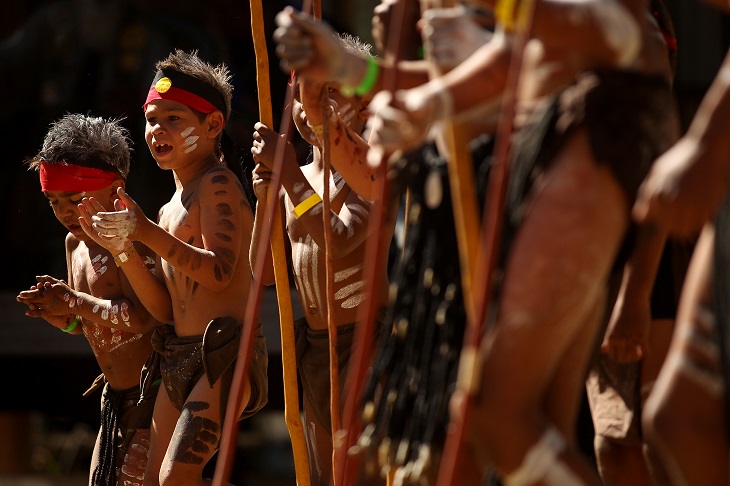
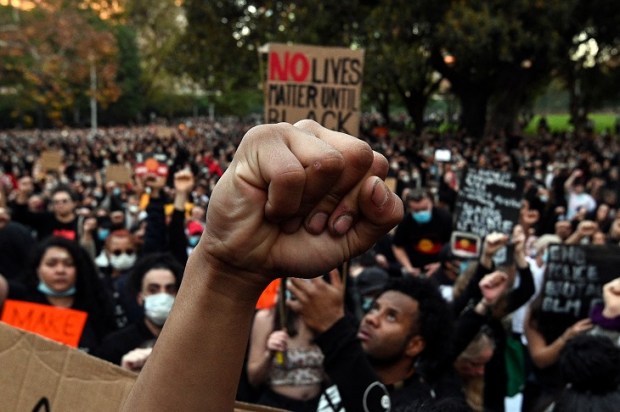
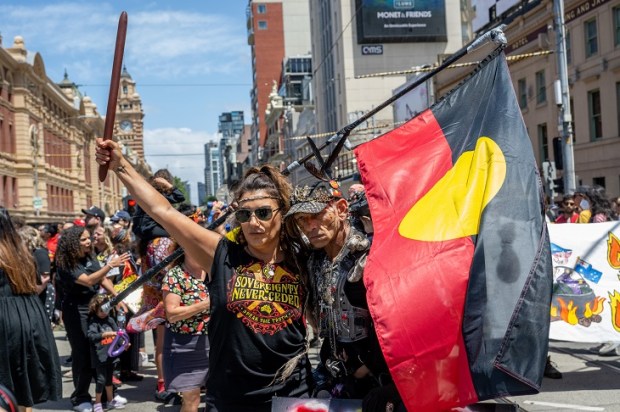
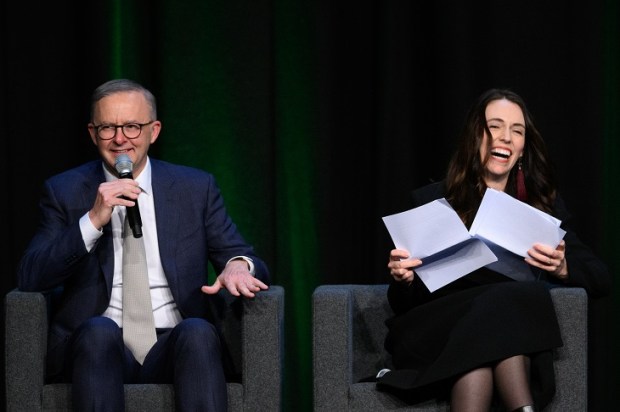
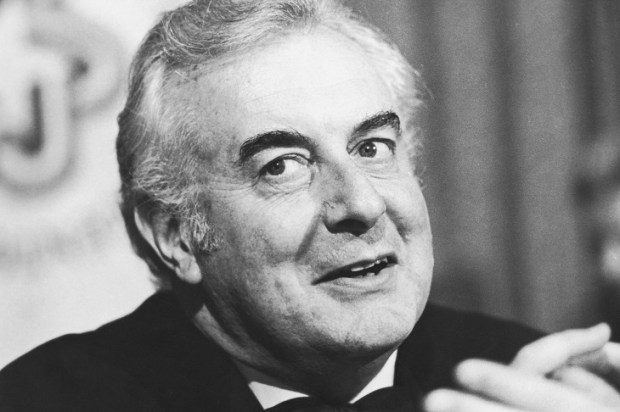
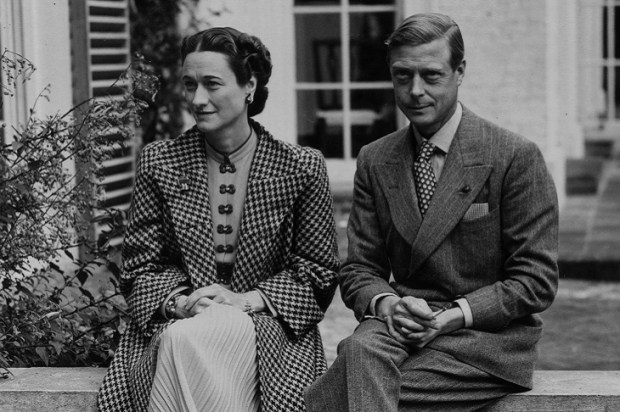



















Comments
Don't miss out
Join the conversation with other Spectator Australia readers. Subscribe to leave a comment.
SUBSCRIBEAlready a subscriber? Log in